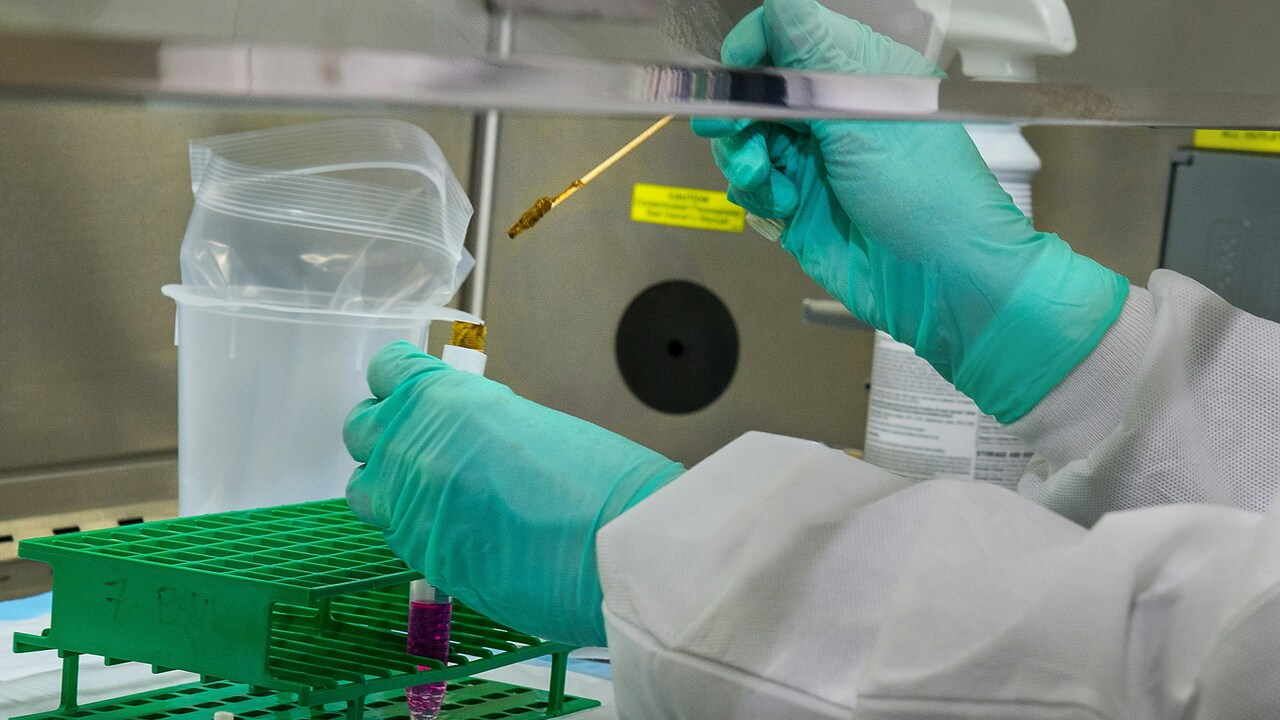Scientists from several Russian and foreign universities have found that pre-treatment of halloysite, a clay mineral, with surfactants helps improve the quality of catalysts that process bio-oils containing nickel or platinum. These catalysts play an important role in the production of components for motor fuels and other petrochemical products such as cyclic hydrocarbons and alcohols. Researchers emphasize that the use of renewable energy sources is becoming increasingly important in the face of depletion of fossil fuel reserves.
In their experiments, the scientists heated lignocellulosic biomass to produce bio-oil, a liquid product. However, such bio-oils have disadvantages: they are more viscous and acidic, and also produce less heat during combustion. All this is due to the high oxygen content, which can reach 40%. To improve the quality of bio-oil, chemists use a process called hydrodeoxygenation, in which oxygen is removed using metal catalysts. However, the effectiveness of these catalysts is often reduced due to the high water and organic content in bio-oil.
A team of scientists, including representatives of the Russian State University of Oil and Gas and Moscow State University, developed nickel and platinum catalysts based on modified halloysite. This process involves treating halloysite with special substances to improve its hydrophobicity. As a result, the catalysts show better activity and stability in bio-oil processing. Scientists noticed that catalysts based on modified halloysite can increase the degree of conversion of raw materials by up to 76%, while conventional catalysts show only 35%. The researchers plan to continue working on bimetallic catalysts and study their activities.
Source: Ferra
I am a professional journalist and content creator with extensive experience writing for news websites. I currently work as an author at Gadget Onus, where I specialize in covering hot news topics. My written pieces have been published on some of the biggest media outlets around the world, including The Guardian and BBC News.











